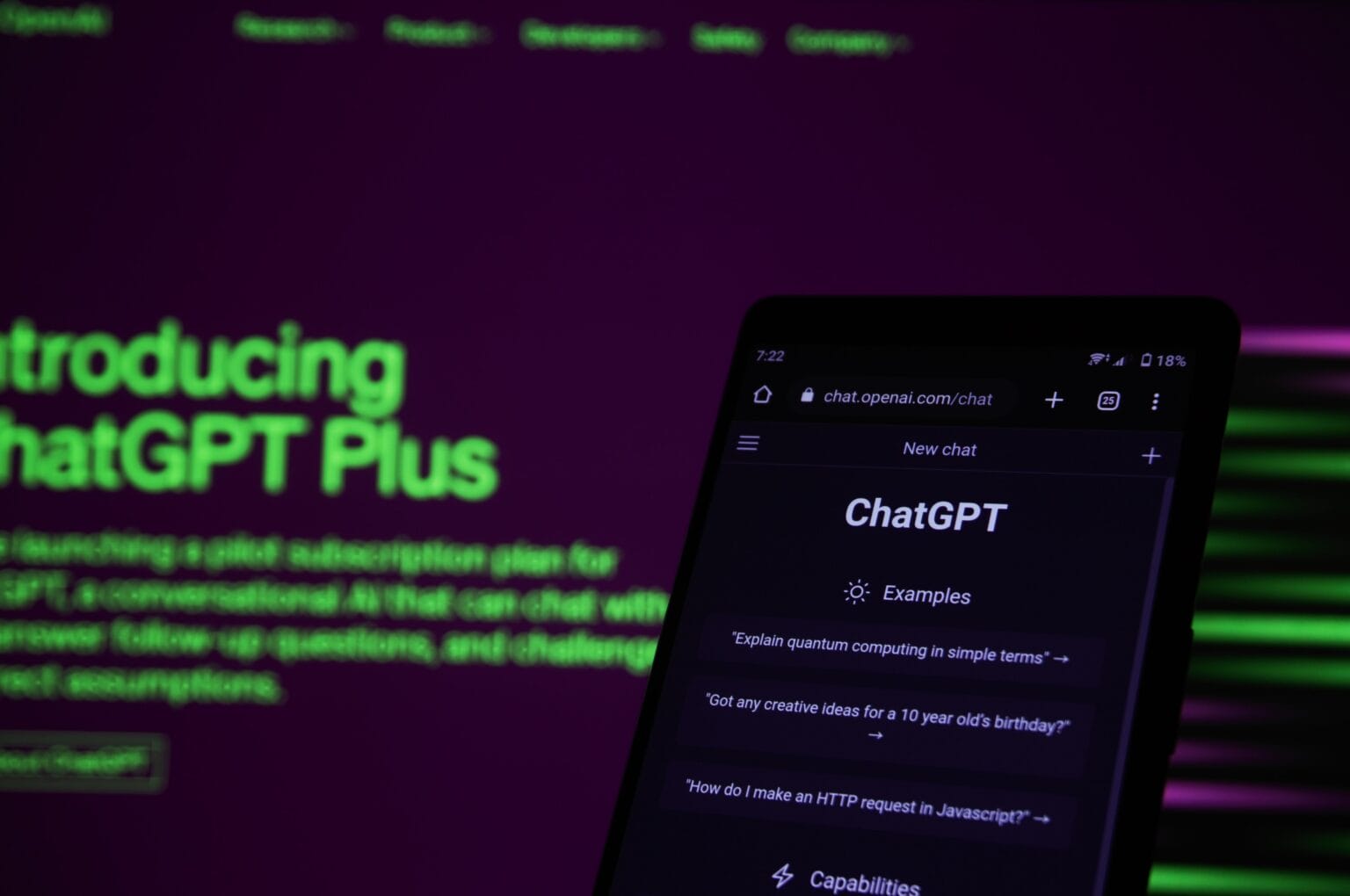OpenAI has responded to Elon Musk’s recent lawsuit by publishing emails from the company’s early days, suggesting Musk acknowledged the need for significant funding to support the development of its artificial intelligence (AI) capabilities. Musk filed a lawsuit against OpenAI last week, accusing the company of prioritising profits over its original nonprofit mission.
The published emails from November 2015 to February 2018 reveal Musk’s perspective on the financial challenges facing OpenAI. In a November 22, 2015 email to CEO Sam Altman, Musk expressed the need for over $100 million in funding and suggested a $1 billion commitment, promising to cover any shortfall. However, OpenAI claims Musk never fulfilled this commitment, providing only $45 million, while other donors contributed $90 million.
In a February 1, 2018 email, Musk proposed that Tesla, his electric car company, should acquire OpenAI. The suggestion was declined, and Musk subsequently left OpenAI later that year.

Another email from December 2018 indicated Musk’s belief that OpenAI required billions of dollars annually to remain relevant. The company later formed OpenAI LP, a for-profit entity, in 2019 to secure the necessary resources for its AI ambitions. This move transformed OpenAI’s valuation to $90 billion, with Microsoft committing $13 billion in a close partnership.
Musk’s lawsuit alleges a breach of contract, claiming that OpenAI’s collaboration with Microsoft violated its founding charter. He seeks a jury trial and requests restitution of profits from OpenAI, Altman, and co-founder Greg Brockman.
In a blog post, OpenAI asserts that it remains committed to its original mission and plans to dismiss all of Musk’s claims. The company emphasises the safety of its products and notes its disappointment in the legal dispute with someone it once deeply admired.
“We’re sad that it’s come to this with someone whom we’ve deeply admired—someone who inspired us to aim higher, then told us we would fail, started a competitor, and then sued us when we started making meaningful progress towards OpenAI’s mission without him,” OpenAI stated in its blog post.
